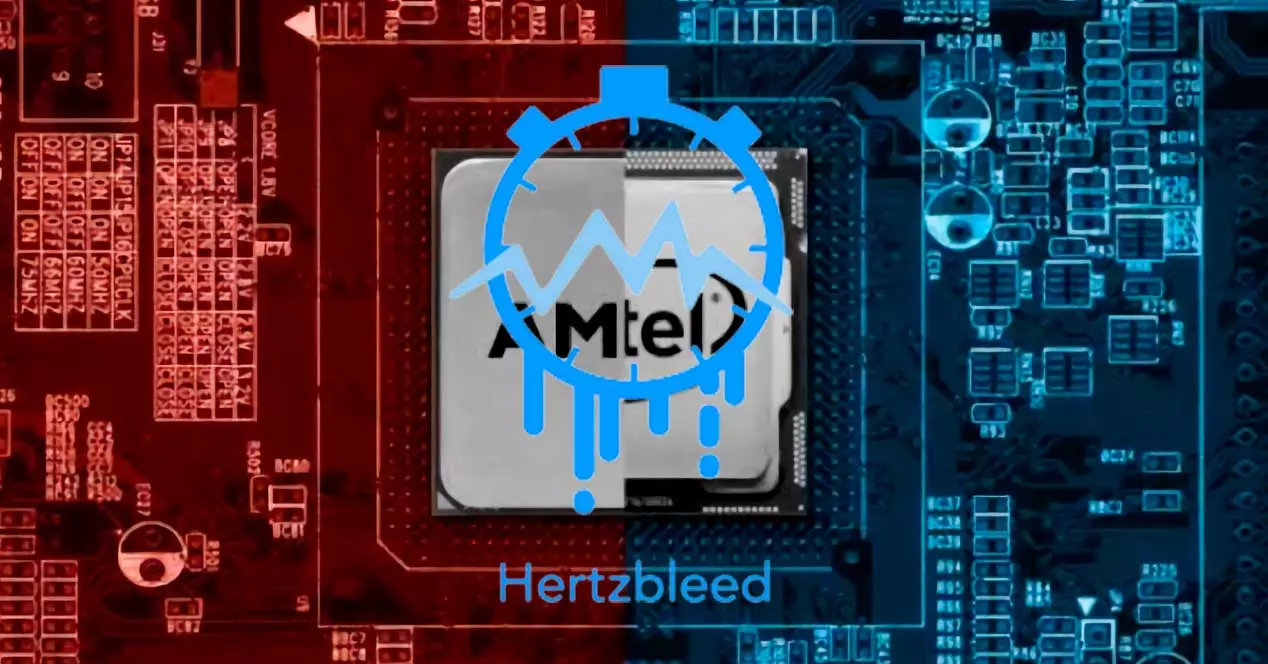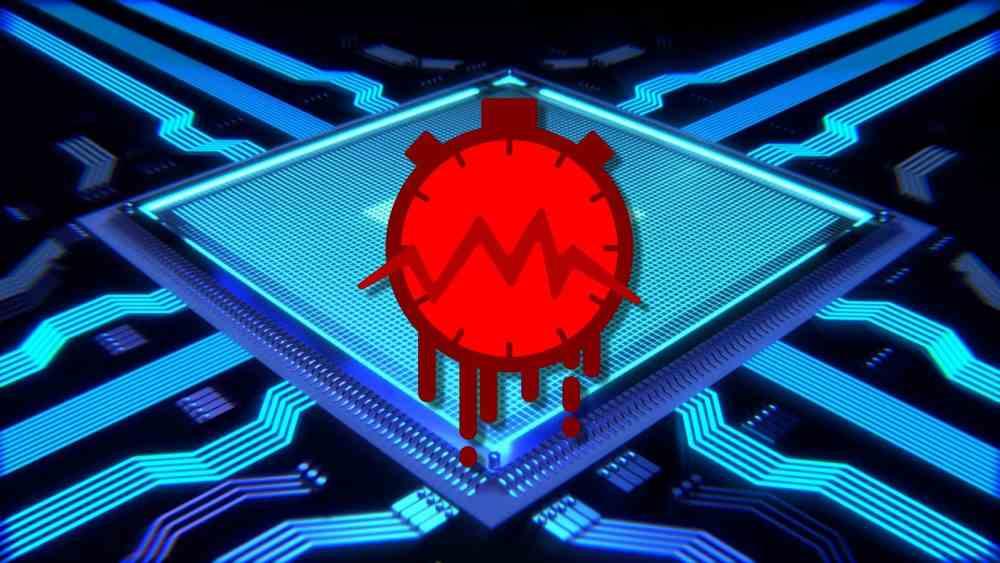
To the famous Meltdown and Specter of a few years ago, now it seems that we have to add a new partner in misdeeds: Hertzbleed. Although this time we did not find a vulnerability that exploits speculative execution. Rather it affects a different element of the processors. Although its solution will require changes in future designs and the existing one in the short term supposes a significant cut in terms of performance. What does this attack on the security of our PCs consist of?
The difference between Hertzbleed with respect to Meltdown and Specter is that we have to start from the basis that we are dealing with what is said to be a side attack. Which are not based on the execution of malicious code inside the computer, but instead seek to obtain information in another way: by analyzing the operation of the hardware. To do this, they use the information that can be obtained from the processor’s measurement systems to find out what is happening inside it. Which makes them extremely dangerous, since they can obtain encrypted keys and jeopardize the security of the data.
What is Hertzbleed?
An example of this type of lateral attack is the DPA type. Which analyze the variations in energy consumption and electromagnetic emissions of the target processor. Then, through statistical methods, it uses this information to obtain secret keys and encryption algorithms. This allows them to steal information without conventional security mechanisms being able to do anything to prevent it.
Today, DPA-type attacks are so precise that even with a large amount of noise obtained have the ability to capture changes in the logic gates of the processor. So it only takes a deep analysis of that data to know how a CPU encrypts the information and even what information it contains. The other way in which the information is obtained is in the fact that the consumption of a processor depends on the handling of the data. And, therefore, it allows us to know which instructions are being executed based on what each of them consumes.
Well, Hertzbleed is such an attack type. Its level of danger is high, since inclusion can reach extract keys used for data encryption on remote servers. To achieve this, it uses dynamic frequency scaling on ISA x86 processors, which are the ones we use on PCs. This feature is what allows a CPU to vary its clock speed depending on the workload. That is to say, it is related to the automatic overclocking and the Turbo and Boost speeds of many of the processors.
Does it affect the processor of my PC?
Because it takes advantage of the processor’s ability to temporarily increase the processor’s clock speed, this means that the system within the processor responsible for varying the clock speed has been affected. The simplest solution to solve the problem? Deactivate it, but as you will understand this means losing overclocking and even Boost speeds. So the consequences are clear, it is a loss of general performance. Just like in Meltdown and Specter. Although this time it is a problem of a different nature.
As for the affected processors, this affects all Intel and AMD CPUs currently on the market. Furthermore, this is not an issue that can potentially only occur on PCs and any system that can change its clock speed on the fly can be affected by similar issues. In any case, we cannot forget that both Intel and AMD have been using the same dynamic frequency mechanisms in their processors for years. So this will force them to make a profound change in that regard. The problem? We do not know if the Ryzen 7000 will be affected and in the case of Intel we will have to wait for the Intel Core 15 or beyond.



